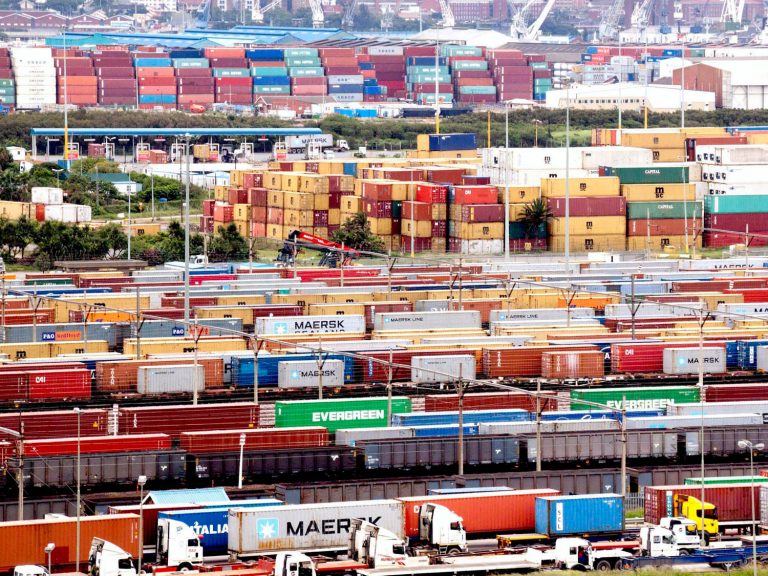
Date:
Carriers profits soar, but shippers are distressed as a consequence
Rising shipping rates, sea freight disruption and port congestion, will only come to an end when global consumer demand eases, shipping lines believe. But as demand continues to outstrip supply, shippers are already in for a bumpy and expensive summer, with backlogs of growth and inventory stocking leading to an earlier and longer period of peak pressure for capacity placed on vessel space.
Container shipping is expected to see an extended peak season this year, with no signs of a slowdown in demand and the likelihood that if demand remains strong over the customary third-quarter peak season, it could extend beyond the traditional Golden Week slowdown, which is early in 2022 beginning on 1st February potentially further exasperating the impact.
BBC NEWS – “We’re trying to do the best we can, but this is crippling us”
Illustrating the impact of the current shipping turmoil, the BBC spoke with Scott Humphreys, boss of Peppermill Interiors, which supplies furniture for homes and trade.
Like many importers, Peppermill is feeling the effects of serious bottlenecks in global container shipping, which have led to delays and pushed up prices more than sixfold.
Although it does use suppliers in the UK, roughly half of its stock is imported from East Asia, mainly from China, and it will typically bring in between 200 and 250 containers each year.
The rise in shipping costs is taking a heavy toll on the business, which can’t absorb the extra costs and have to pass them.
Illustrating their problem. A single armchair used to cost us £12 to bring in from China. It now costs £100 to import, so the price they have to sell the chair has gone up, but that isn’t extra profit and makes the product much more expensive.
And some of cheaper items have doubled in price. So there’s no point bringing them in any more, he said.
Mr Humpherys makes it clear who he blames. “It’s all going to the shipping lines. They’re working together. It’s like a cartel out there.” And while their customers have faced delays in receiving their shipments or struggled to book space aboard vessels at all, the carriers own earnings have not suffered.
Eleven of the biggest carriers made a combined operating profit of $16.2bn in the first three months of 2021, which was significantly more than they generated across the entire second half of last year.
One importer, a housewares supplier, told the BBC consumers were in for a shock over the coming months.
“There’s going to be a shortage of products, and prices will be much higher”, he said. “We start shipping now to get stocks in for Christmas.
“Prices for houseware, giftware and so on – they’ll be going up, maybe as much as 40%.”
Demand is still strong, unlikely to change soon and inventories are low, which is why shippers are eager to get their orders on the water, but even when we finally move beyond the pandemic, business will need to increase inventory, so we won’t see the tap turned off, rather than a steadily decreasing demand.
With the global supply chain and logistics market staying strong for an extended period, the current delays, congestion and disruption in the supply chain will remain unless more capacity can be added across all modes of transport. And that’s without the inland domestic issues of driver shortages and other challenges which are being experienced in every corner of the world. It is not unique to The UK.
The lines maintain they have done all they could and can and will be able to do, to add more capacity, with new ships chartered and being built, at very expensive rates, millions of new containers added to their inventory and new vessels on order, but demand is simply outpacing supply.
Metro negotiate rate and volume agreements with a wide range of carriers across all three alliances, which means we can access the widest pool of equipment and offer shippers the biggest range of service offerings, port pairings and rates.
Our fixed validity contracts provide supply chain security and peace of mind, but with space and equipment in such short supply, we recommend a minimum of four weeks visibility and booking window, to secure space on the vessel and get the right equipment positioned.
